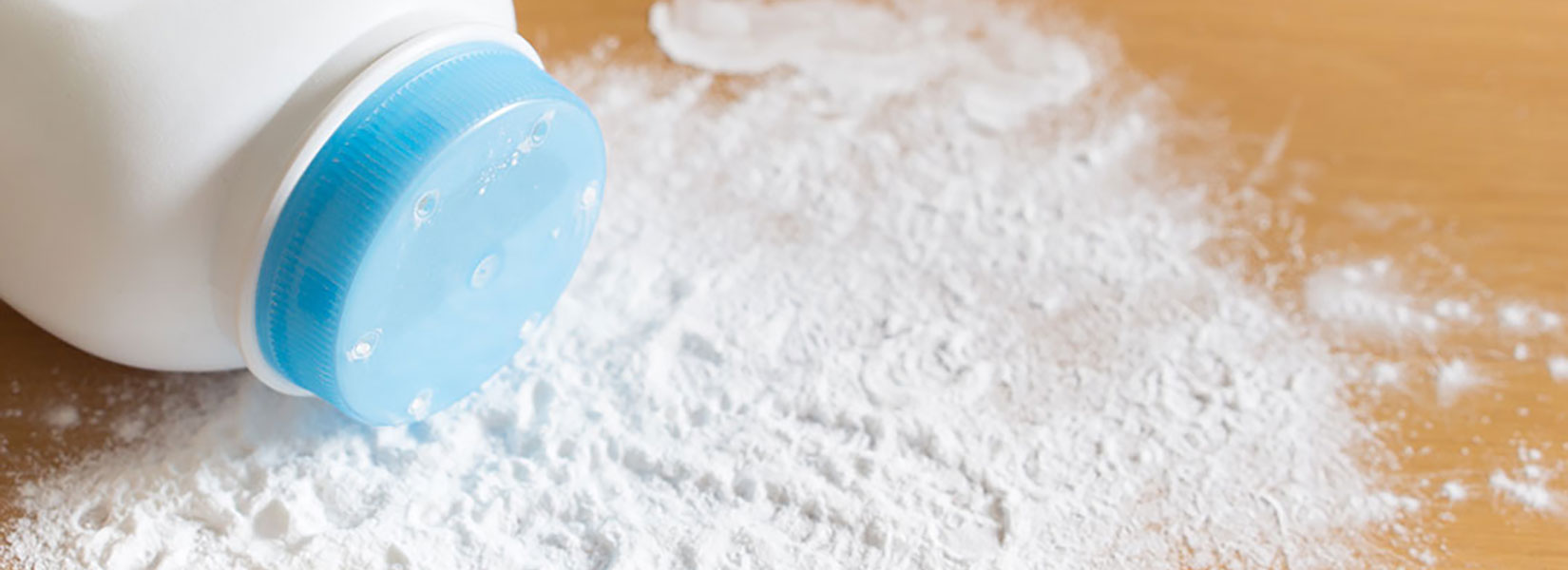A federal lawsuit was brought to force Johnson & Johnson to put cancer warning labels on its Baby Powder product. Lanier Law Firm, who filed the suit, is now asking a Los Angeles judge to dismiss it. But as reported by Bloomberg News on July 27, Johnson & Johnson would rather the lawsuit move forward.
The move by the health products company is unusual. A defendant typically agrees to a plaintiff’s request to have a lawsuit dismissed. Johnson & Johnson, however, has bigger goals in mind. As noted in the Bloomberg article, the company wants to discourage similar lawsuits. It argues that Lanier Law Firm is trying to have its lawsuit dismissed to avoid an unfavorable ruling. Such a decision could have negative consequences for its other ongoing litigation. However, Lanier contends that it needs to add another defendant to the case, which Johnson & Johnson is refusing.
Johnson & Johnson’s decision is the latest in ongoing legal problems that have plagued the company. There are more than 14,000 lawsuits against Johnson & Johnson over alleged health risks posed by talcum powder. Talcum powder is the main ingredient in the well-known Baby Powder line.
For many years, talcum powder products have been accused of causing cancer. The Los Angeles case has particular consequences for Johnson & Johnson. California’s Proposition 65 law requires warning labels for products containing known carcinogens. A carcinogen is any substance that can cause cancer.
Johnson & Johnson believes that talcum powder does not cause cancer and, therefore, does not require a warning label. Lanier Law Firm has a different view. The firm maintains that talc-based products cause cancer. According to plaintiffs involved with these lawsuits, such dangers have been known about since the 1970s. A Harvard Medical School study, for example, concluded that women who use talcum powder daily are at risk. An estimated 40% increased risk of ovarian cancer has been linked to talc products.
Some litigants have accused Johnson & Johnson of concealing evidence that connects talc-based products to cancer. They also argue that the company knew about these dangers but did nothing to correct them.
Product safety law is well-established concerning risks and injuries caused by household items like Baby Powder. Companies are obligated to put reasonably safe products for sale to consumers. Companies that know about safety risks associated with their products are required to take corrective action. Johnson & Johnson, however, has been accused of neglecting these and other basic responsibilities.
Plaintiffs across the country have vowed to continue with their work to hold Johnson & Johnson liable. Mass tort litigators are at the forefront of talcum powder lawsuits. Their role is to investigate these claims and pursue product safety litigation on behalf of their clients. They look into potential plaintiffs’ claims and learn about their use of talc-based products. A mass tort law firm will review your medical evidence and let you know about your legal options.
Law firms that pursue talcum powder cases will argue for different types of compensation for victims. Product defect injuries can take a serious financial toll on those affected. Litigators seek jury awards and settlements that address the following damages:
- Medical bills and related expenses, past, present, and future
- Pain and suffering
- Emotional distress
- Lost wages
- Lost or reduced earning capacity
- Funeral expenses in the event of a wrongful death
- Other damages
CASES WILL CONTINUE TO ADDRESS TALCUM POWDER HEALTH RISKS
As noted above, there are thousands of talcum powder lawsuits still pending. Johnson & Johnson will not agree to put cancer warning labels on its talc-based Baby Powder. Consumers have legal rights to deal with unsafe products and product defects. Those who have been injured should contact a mass tort litigator in their area to learn more.






Leave A Comment